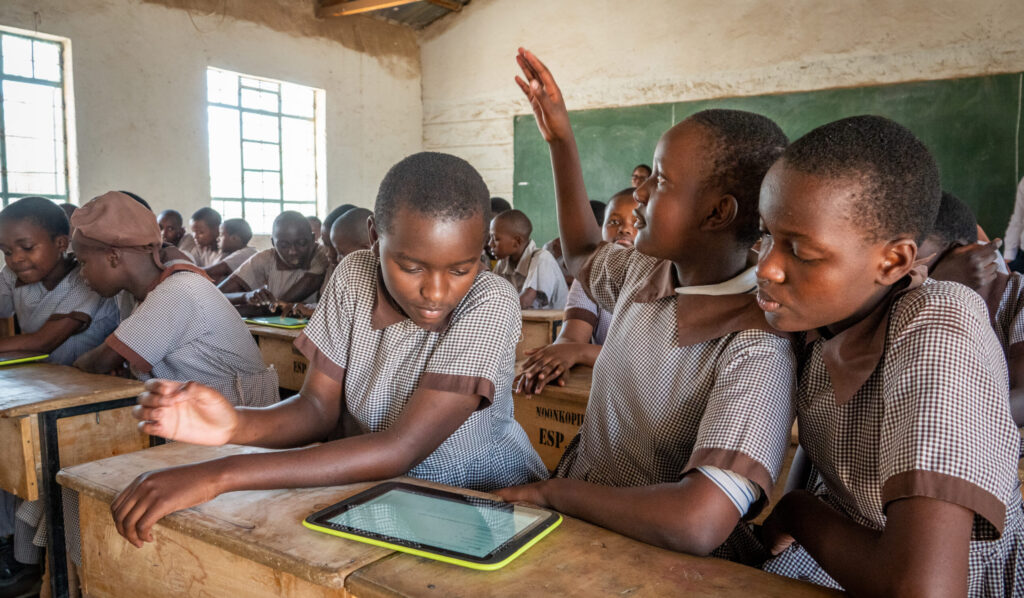Giga, the global initiative to connect every school in the world to the Internet by 2030, announced today that it is now operational in 30 countries.
Led by the United Nations Children’s Fund (UNICEF) and the International Telecommunication Union (ITU), Giga provides open-source connectivity solutions and technical support to governments, helping them achieve universal school connectivity.
Giga now offers advanced connectivity support to 12 new countries this year, bringing the total number of countries supported by Giga to 30. The 12 new countries are Barbados, Belize, Benin, Botswana, Brazil, Dominican Republic, Guinea, Mongolia, Namibia, South Africa, Trinidad and Tobago, and Zimbabwe.
In these countries, core Giga activities are being implemented at various stages, including solutions for school mapping, infrastructure planning, real-time connectivity monitoring, financing, and the improvement of market access and procurement processes. Countries supported by Giga have also established their respective national-level steering committees, with the support of various government ministries.
“Our milestone of reaching 30 countries is not just about connecting schools; it’s about empowering governments with the tools and solutions they need to achieve universal school connectivity,” said ITU Secretary-General Doreen Bogdan-Martin.
“We are empowering each country to tailor solutions that fit their unique needs, ensuring that no child is left behind in the digital era,” she added.
Giga’s open-source solutions such as school mapping and real-time connectivity monitoring have made school connectivity cheaper and more affordable for many governments. In Kyrgyzstan, the Ministry of Education saved nearly USD 250,000 annually, representing a 43 per cent savings in their budget. In Rwanda, Giga’s pilot school connectivity project has decreased costs by 55 per cent, and increased Internet speeds by 400 per cent.
Giga’s technical support in the areas of procurement and financing brings governments closer to their connectivity targets. Giga has mobilized more than USD 1.7 billion to fund school connectivity in eight countries. Coming from various sources such as grants, loans, Universal Service Funds, and proceeds from government auctions, these funds are critical to connecting schools in the world’s most remote and underserved areas.
Since its inception in 2019, Giga and its partners have connected nearly 6,000 schools and 2.4 million students to the Internet. With its expanded footprint, Giga aims to connect 25,000 schools and 10 million students in the next 18 months.
“Giga’s achievements would not have been possible without the unique partnership of two UN agencies, UNICEF and ITU, and the trust and support that governments around the world have placed in us,” noted Bogdan-Martin. “We hope that with this new milestone, more countries will join us in connecting every school in every corner of the world. By doing so, we are providing the next generation with access to information, opportunity, and choice,” she concluded.
As of November 2023, Giga is actively providing advanced connectivity support in the following countries: Anguilla, Antigua & Barbuda, Barbados, Belize, Benin, Botswana, Brazil, British Virgin Islands, Dominica, Dominican Republic, El Salvador, Grenada, Guinea, Honduras, Kazakhstan, Kenya, Kyrgyzstan, Mongolia, Montserrat, Namibia, Niger, Rwanda, Saint Vincent and the Grenadines, Sierra Leone, South Africa, St Kitts And Nevis, St Lucia, Trinidad & Tobago, Uzbekistan, and Zimbabwe.

